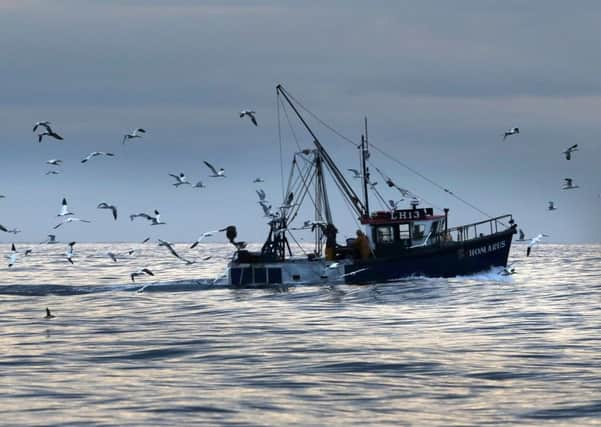Farm and fishery powers '˜should stay with devolved nations'
This article contains affiliate links. We may earn a small commission on items purchased through this article, but that does not affect our editorial judgement.


The report, which looked at the relationship between the UK and the devolved administrations after the UK left the EU stated that any attempt to use Brexit to “re-reserve” powers previously devolved – such as those surrounding both agriculture and fisheries policy – could add to instability within the UK.
• READ MORE: Farming news
“This is not the time to embark on controversial amendments to the devolution settlements,” stated the committee’s report.
Advertisement
Hide AdAdvertisement
Hide Ad“We therefore believe that the existing statutory balance of competences between the UK parliament and the devolved legislatures should as far as possible be unchanged.”
The Lords also stated that Scotland should be fully represented in the Brexit discussions – and in the event that the UK government did not secure a UK-wide agreement which adequately reflected Scotland’s specific needs, there was a strong political and economic case for making differentiated arrangements for Scotland.
The report also recognised that the Scottish economy had particularly pressing needs, including its reliance on access to EU labour.
However, it said that on the weight of evidence reviewed, it felt that Scottish Government’s proposals for continued Scottish membership of the single market, through the European Economic Area, while the rest of the UK left the single market, were “politically impracticable, legally highly complex and economically potentially disruptive”.